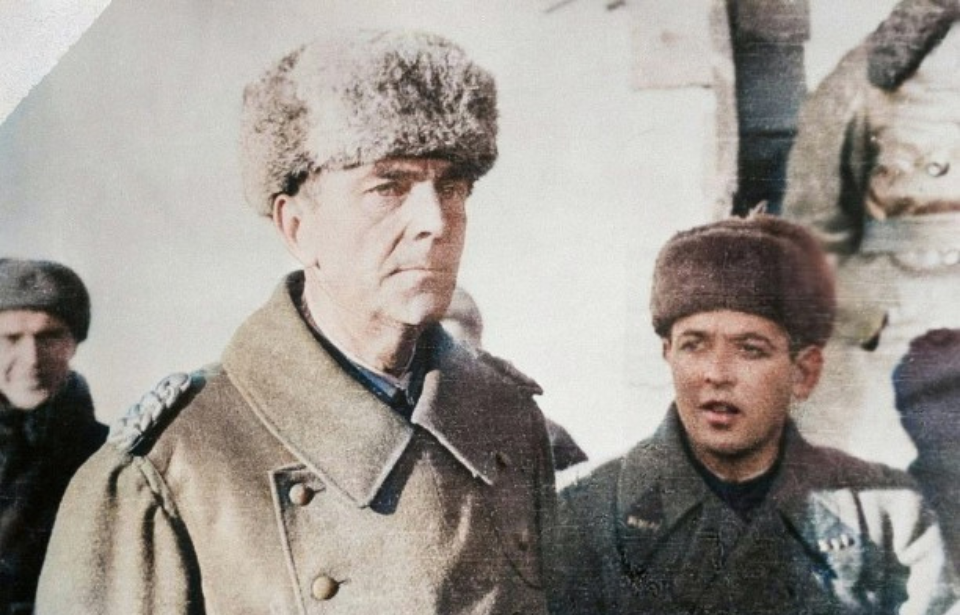The Battle of Stalingrad was one of the most deadly engagements of the Second World War. It’s also where soon-to-be German Generalfeldmarschall Friedrich Paulus earned his fame commanding the 6th Army – until he surrendered, that is. Taken as a prisoner of war (POW) by the Soviet Red Army, he eventually began publicly criticizing the regime he once fought for. In fact, he went so far as to work on propaganda campaigns for his captors.
Friedrich Paulus’ early life
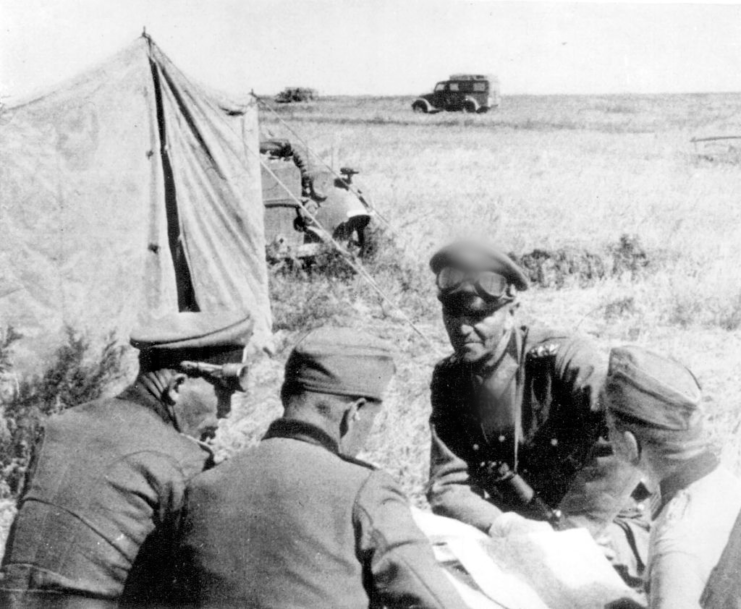
Friedrich Wilhelm Ernst Paulus was born on September 23, 1890 in Guxhagen, Prussia. As a young man, he attempted to enlist in the Imperial German Navy, but was unsuccessful and opted, instead, to study law at the University of Marburg. Still determined to have a career in the military, however, he left higher education and joined the 111th Infantry Regiment in February 1910 as an officer cadet.
During the First World War, Paulus saw combat in France, before taking a medical leave. When he returned to service, he joined the Alpenkorps as a staff officer, seeing action in Serbia, France and Romania. By the time the war had come to an end, he’d been promoted to captain, and he remained in the military throughout the interwar period.
As Germany implemented plans for military expansion, despite the restrictions placed upon the nation under the Treaty of Versailles, Paulus was given command of a motorized battalion, before being named the chief of staff for the new Panzer headquarters in 1935.
Rising through the ranks of the Wehrmacht
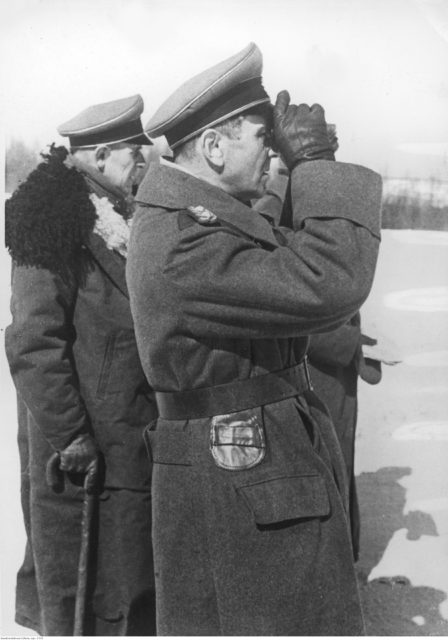
Just before the Second World War began, Friedrich Paulus was made the Chef des Generalstabes of the newly-established XVI Armeekorps (Motorisiert), despite concerns from Generaloberst Heinz Guderian that he lacked command experience (most of his wartime experience up to this point was as a staff officer).
This was soon rectified, as Paulus was promoted to generalmajor in May 1939, becoming the chief of staff for the German 10th Army that fought in Poland. The force was eventually renamed the 6th Army and moved to fight in the Netherlands and Belgium throughout 1940.
Operation Barbarossa
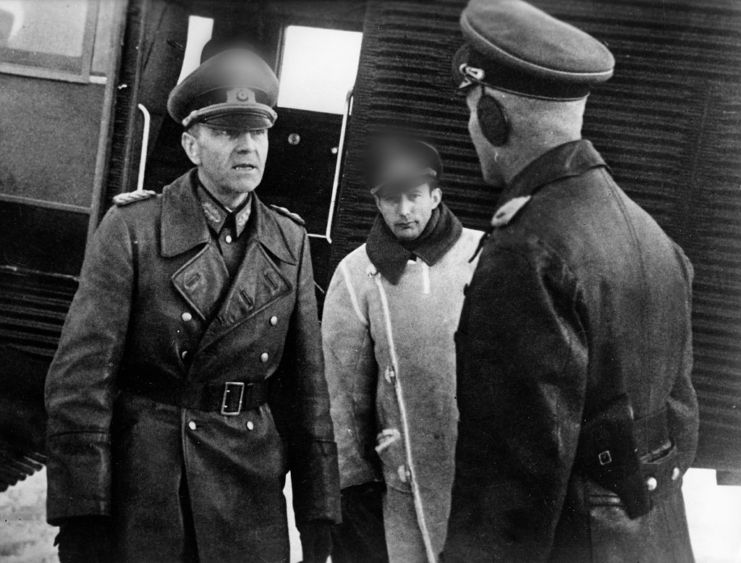
In August 1940, Friedrich Paulus was, again, promoted, this time to generalleutnant, and named the deputy chief of the German General Staff just one month later. It was in this position that he worked alongside other officials to create the plans for Operation Barbarossa – the German invasion of the Soviet Union.
Paulus was placed into a high-ranking position for the invasion, while his superior, Generalfeldmarschall Walter von Reichenau, was appointed commander of Army Group South. Paulus was subsequently promoted to General der Panzertruppe and made the commander of the 6th Army.
Only a few days later, however, Reichenau died, leaving Paulus without a superior to whom he could turn for advice.
Battle of Stalingrad
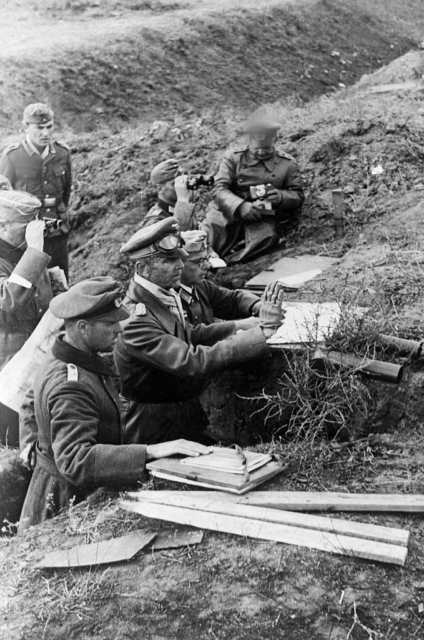
This didn’t stop the Germans from pushing into the Soviet Union, with Friedrich Paulus leading the 6th Army into the infamous Battle of Stalingrad in the summer of 1942. He and his men fought for three months trying to take the city, until the Red Army launched an aggressive counteroffensive that November. The commander was ordered by the Führer to hold his position at all costs, which he did, despite being completely surrounded by enemy troops.
Eventually, German reinforcements, under the command of Generalfeldmarschall Erich von Manstein, were sent to help push back the Red Army and hold the city. In the meantime, Paulus awaited orders to break out of Stalingrad once they’d arrived, but none came. The Soviet hold in the region was too strong and the reinforcements couldn’t break through.
By the end of January 1943, the situation had only gotten worse and there were few options left for the 6th Army. Paulus knew they were reaching the end of their defense, saying on the 19th, “The last horses have been eaten up.”
The Führer was adamant “the 6th Army will hold their position to the last man and the last round.” He promoted Paulus and a string of others to the rank of Generalfeldmarschall, in an effort to boost morale. He also told Paulus no Generalfeldmarschall had ever surrendered.
“One can’t help feeling it’s an invitation to suicide. However, I’m not going to do them the favor,” Paulus confided in his adjutant. As such, he surrendered on January 31, 1943.
Friedrich Paulus becomes a prisoner of war
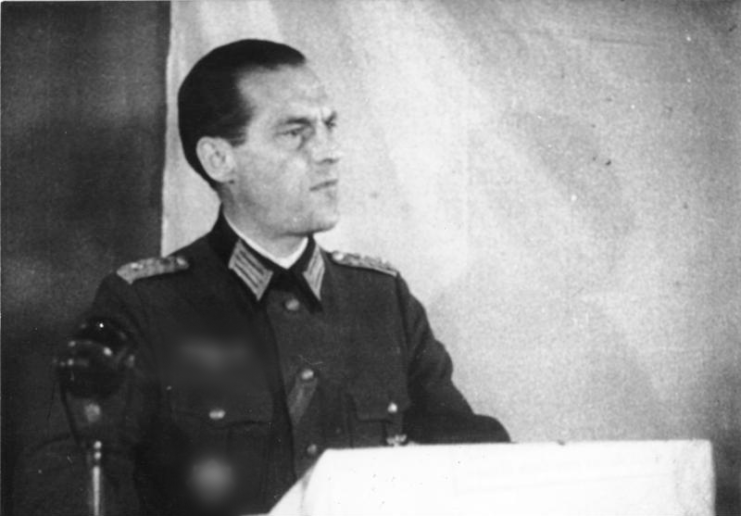
Friedrich Paulus reportedly surrendered with grace, telling the Soviet delegation in poor Russian, “Field Marshal of the German Army Paulus renders himself prisoner to the Red Army,” and going on to apologize that he hadn’t yet received the appropriate uniform for his new rank. He even lightened the mood by joking, “And anyway, my new uniform will hardly be of any use to me now.”
Not only did he refuse to end his own life, he also forbade his men from doing so. A total of 91,000 German soldiers were taken to Soviet prisoner of war camps, including Paulus himself. He initially remained loyal to his country, but, soon after the attempt on the Führer’s life in July 1944, changed his tune. It’s believed he was psychologically manipulated into turning against Germany.
Paulus gave many speeches speaking against his nation. The first was on August 8, 1944 on Free Germany Radio, declaring, “For Germany, the war is lost. This is the position in which the country has found itself as a result of [the Führer’s] leadership. Germany must renounce [him].”
He also joined the League of German Officers, an organization that later became integrated with the National Committee for a Free Germany, which aimed to get servicemen to surrender through the use of propaganda.
Nuremberg Trials
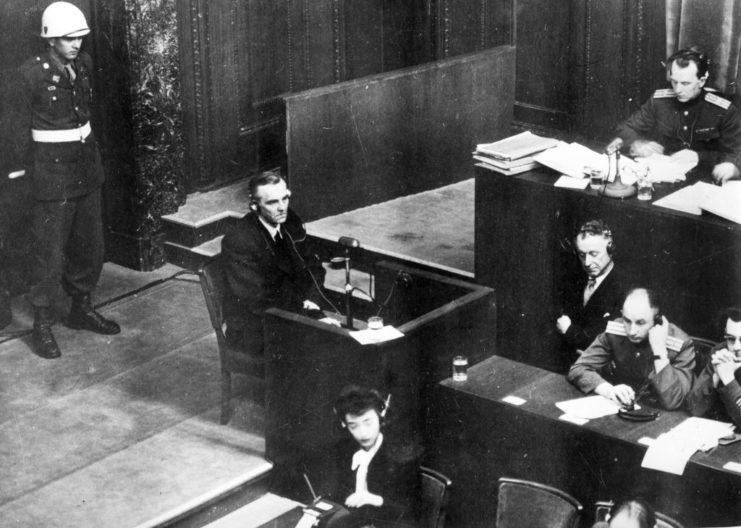
Aside from easily falling into this role, Friedrich Paulus also famously denounced the actions of his fellow German officers by serving as a witness against them at the Nuremberg Trials. His best-known testimony was against Generaloberst Alfred Jodl and Generalfeldmarschall Wilhelm Keitel, who’d served alongside him during Operation Barbarossa.
Due, in part, to Paulus’ testimony, both men were executed.
After the Nuremberg Trials concluded, Paulus returned to the USSR, where he could live freely, but not leave the country. It wasn’t until Joseph Stalin‘s death in 1953 that he was finally allowed to leave. Until then, he continued working with the Soviet government.
More from us: The Battle of Cologne Saw a Legendary Standoff Between a Panther and a Pershing
Want War History Online‘s content sent directly to your inbox? Sign up for our newsletter here!
Paulus moved to Dresden in 1953, where he lived out the remainder of his days. He passed away on February 1, 1957, at the age of 66.
